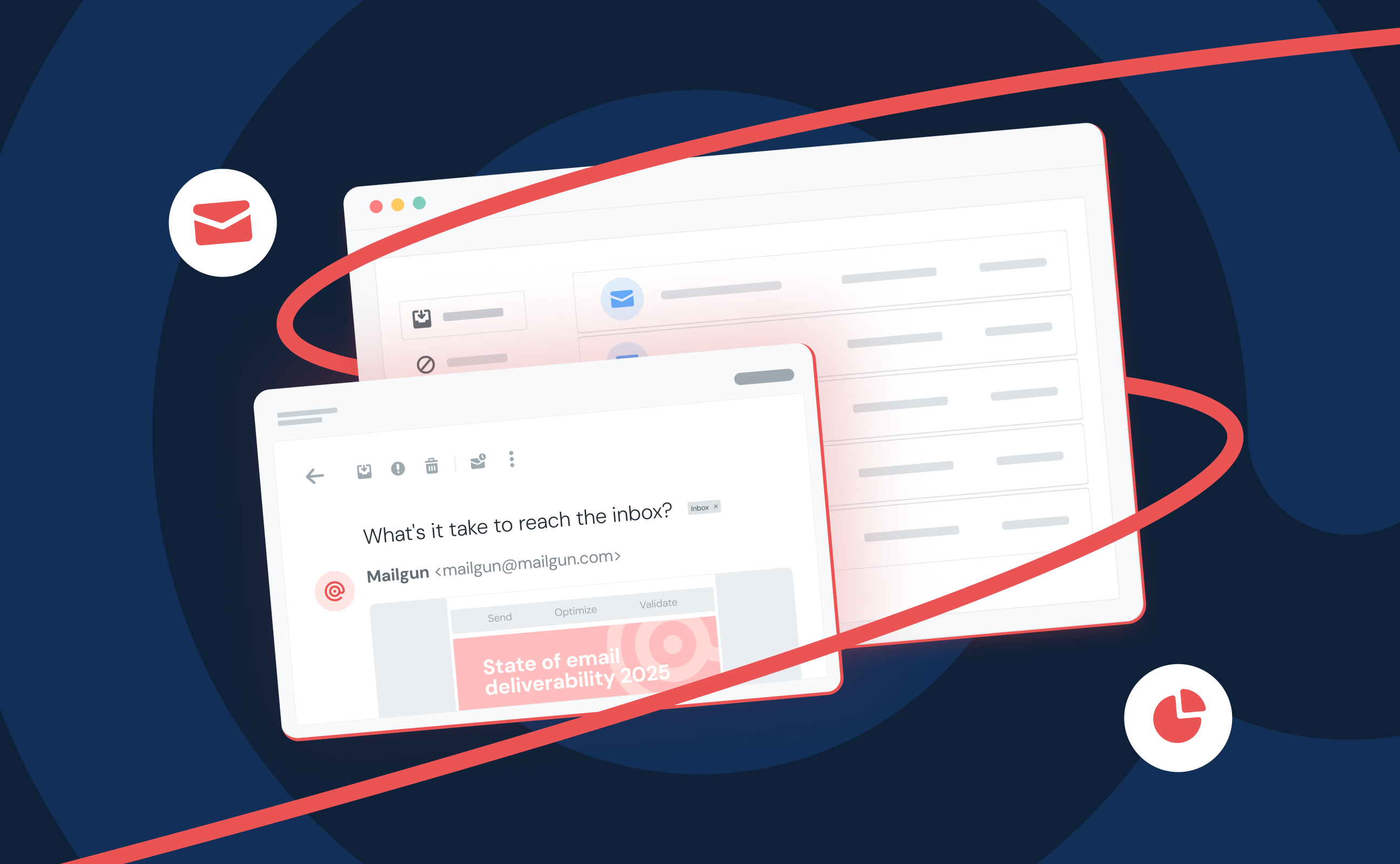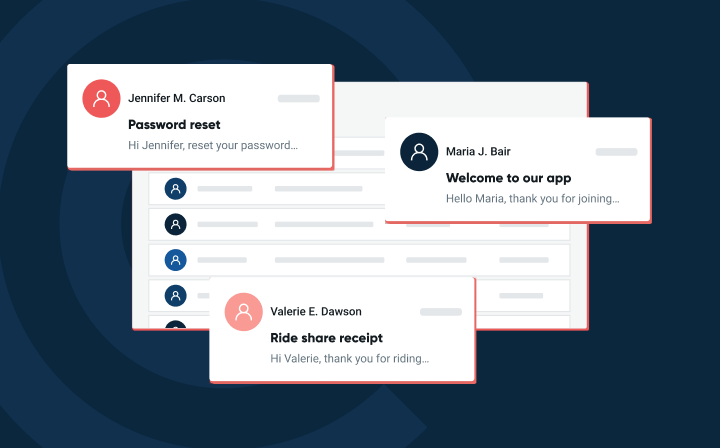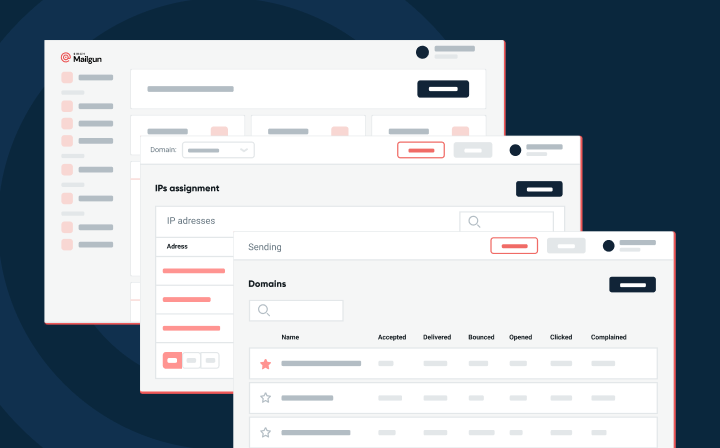Deliverability
Email’s best of 2019
What happened in 2019 that impacted email sending? Read more to learn our take on the past year...
PUBLISHED ON
If you were to look back at digital communications a decade or two ago, you would find that email dominated the market – not text. The email has evolved from a 1:1 communication channel to one that is largely used for marketing messages. People have moved away from using email as a way to contact someone and instead moved their chatter to other platforms like SMS, Slack, Instagram, Messenger, etc.
Today, 90% of email is non-conversational.
While marketing messages largely make up that non-conversational chatter, email as a channel for communication is rife with abuse. Over 90% of incoming emails are blocked by Inbox Service Providers (ISPs), and less than 10% get delivered with 1-2% landing in the spam folder. While space is competitive, it’s also highly lucrative. When email marketing is done right, companies can see a return on investment of about 4200%.
How are ISPs helping senders?
ISPs main priority is protecting their users. In order to secure email channels, different authentication initiatives such as SPF and DKIM were introduced to senders as a way to legitimize their traffic. Recently, other methods of authentication like DMARC have been introduced to further solidify legitimacy.
While adoption for SPF and DKIM has been rather high, DMARC hasn’t been adopted as much as ISPs would hope. While the cause of this low adoption isn’t known, what is certain is the need for further security in the email space. So, to help improve DMARC adoption, ISPs have decided to create a variety of incentives to entice senders to authenticate their sending further.
BIMI and AMP: the best trends of 2019
Brand Indicators for Message Identification (BIMI) and Google’s AMP have by and large been the best trends of 2019 for email. Both of these protocols encourage senders to not only authenticate their sending but to ensure that there is a DMARC policy in place.
BIMI
BIMI is an email authentication protocol that gives brands the ability to display visual indicators (logos) to their recipients while also protecting ISP users all the same time. In order to set up BIMI for your sending, you need to have a DMARC record in place that is either set to p=quarantine or p=reject. A p=none DMARC record will not allow you to set up BIMI and thus you cannot attach your brand logo to your sending.
What good does BIMI do for senders? For starters, it allows companies to build brand awareness at first glance in the inbox. BIMI eliminates filler images that might appear next to your company and make you look like a spammer. It leaves no room for interpretation in the inbox as to who sent that email, and better brand awareness protects users from falling for phishing attempts. It’s a simple implementation that gives senders a better marketing experience than if they were opt-out.
AMP for email
AMP for email is another trend in 2019 that gives senders more power over their email marketing. AMP emails are dynamic and allow senders to eliminate unnecessary steps that happen outside of the email itself. For example, a calendar invite can be scheduled within the email itself, rather than having to click out of the email and into an event scheduler.
Like BIMI, you also need to have a p=quarantine or p=reject DMARC record in place in order to send AMP emails. AMP emails are another way for marketers to better present their brands to customers, which can only help your overall email marketing ROI. Mailgun platform has been an early adopter of AMP.
A changing landscape
As the email world is evolving, we all need to keep in mind that people are receiving information through different channels every day. When it comes to email marketing, we all need to be mindful of this and send targeted emails tailored to subscribers' preferences at the right time to stay relevant and make it to the inbox.
Happy Holidays and Happy Mailing!
Kate







